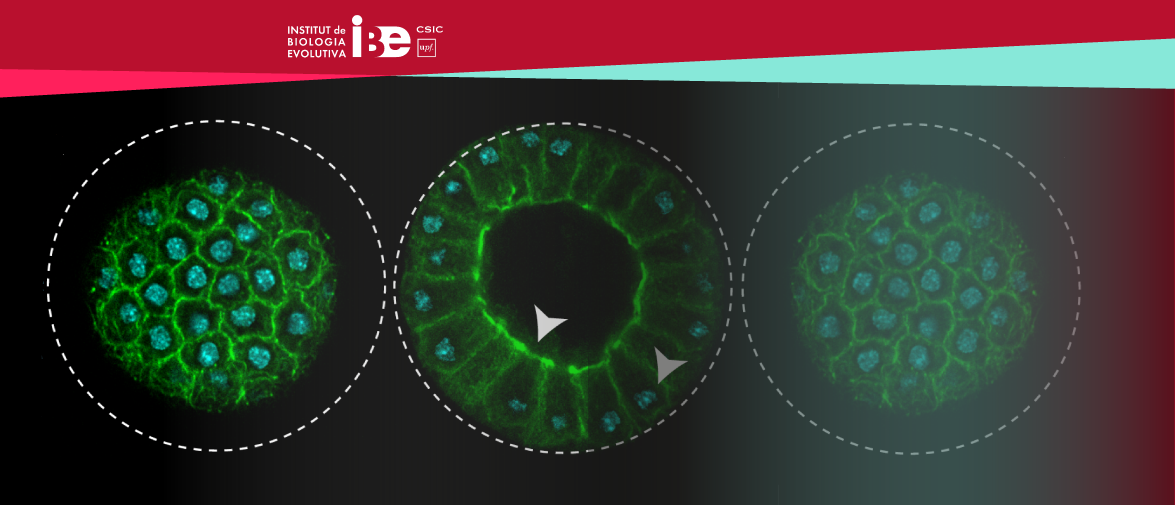Sharing genomic data promotes health research in Europe
Arcadi Navarro, Principal Investigator at IBE, participates in a new European initiative to share genomic data for more efficient health research across countries.
The Federated European Genome-Phenome Archive (FEGA) is a digital infrastructure that will enable the sharing of genomic data across five European countries: Spain, Germany, Finland, Sweden, and Norway.
The European initiative will mark a new era for genomics research, facilitating the flow of genomic knowledge between researchers to improve personalised medicine, diagnostic, and health research.
“We are entering a new era of medical research and treatment, with countries around the world launching large-scale genomics research projects to make the most out of advances in personalised medicine. This has only been possible because citizens and scientists decided to share their data and their discoveries. Easier discovery and sharing means higher quality science and a better return for the people it serves. By launching this initiative, we aim to help make all this possible” said to the CRG Arcadi Navarro, ICREA Researcher at the Institute of Evolutionary Biology (UPF-CSIC) and Director of the EGA team at the Centre for Genomic Regulation (CRG).
FEGA is an evolution of the European Genome-Phenome Archive (EGA), and it’s jointly managed by the EMBL’s European Bioinformatics Institute (EMBL-EBI) in the UK, and the Centre for Genomic Regulation (CRG) in Spain. The initiative is supported by ELIXIR, the European life sciences infrastructure, and the “La Caixa” Foundation.
Before this initiative, the valuable genomic data would be stored after the study and would not leave the country for security measures. The genomic data does not leave the country with FEGA, but this platform enables transnational access to sensible genomic data for researchers worldwide, maintaining data protection regulations.
Datasets can provide key insights for researchers working in personalised medicine programs to understand human health and disease. Comparing human data from different countries and gathering a large number of cases is essential to a better understanding of the cause of rare diseases, infectious diseases, or cancer.






















